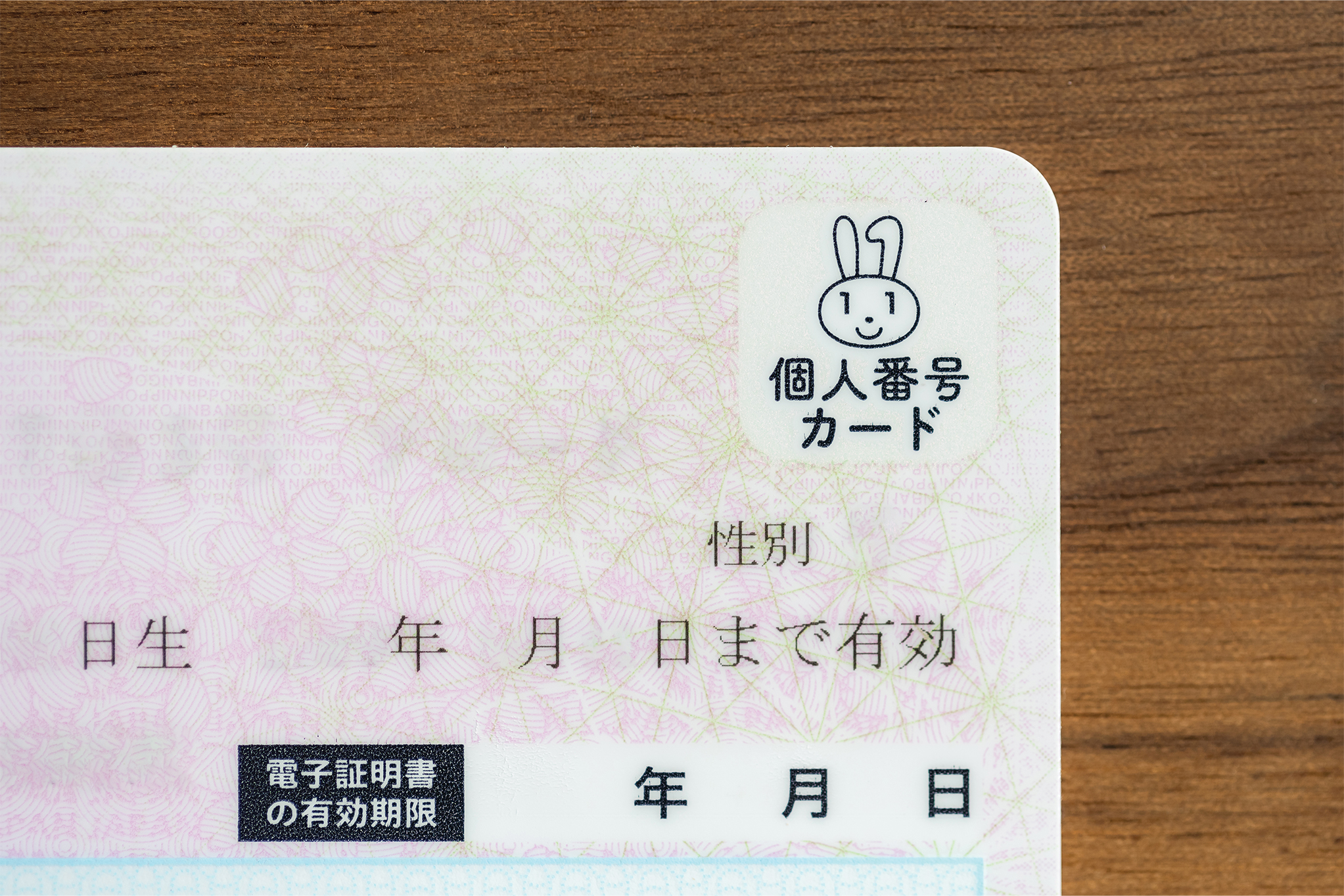Also known as an alien card and a zairyu card, the residence card is familiar to all immigrants in Japan. It contains various personal details and from 2025 the government is proposing to include an individual My Number section, too. The official reason given for this change is to reduce the number of cards residents must carry, along with an aim to speed up administrative processes. The proposal is set to go before parliament during March this year.
Residence Cards in Japan
Anyone planning on living in Japan must register for a residence card within 14 days of arrival. In a worst-case scenario, failure to do so could result in deportation. The residence card is an identification card that includes information such as your address, birthday and occupation. Any time you’re out in public, the police may ask to see your residence card.
What is My Number?
“I’m not a number” is a saying often used in persuasive adverts. Well, according to the Japanese government, it isn’t necessarily true. In this country we essentially are, as every person residing here is assigned their own personal identification number, called My Number. The number works as an identification tool, used for a variety of official purposes, ranging from filing taxes to joining a company as a new employee. It makes the process a lot more streamlined. Those with a My Number card can also do things like file taxes through apps and renew a visa online.
In 2015, residents were asked to sign up for their own My Number card, with financial incentives pushed by the government to entice people to register. Benefits included the Myna points campaign, which offered up to ¥20,000 in credit for people who obtained the card before a certain date. Uptake among foreign residents has been slow, though, which may have led to the government’s decision to add the My Number section to the residence card.
Related articles
- Moving to Japan in 2023? Here Are 15 Things You Need To Know
- Permanent Residency Status to Be Revoked for Tax Avoidance
- Ticking Off Your Japan Travel Bucket List Through Japan’s Hometown Tax Program
Updated On February 27, 2024








